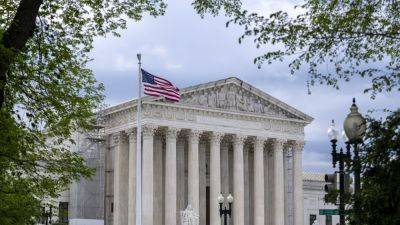Land Acknowledgments Are Not Enough
The first time I walked through the doors of Columbia University as the first Native American student to be admitted into the creative nonfiction graduate program, I felt a wave of ambivalence wash over me. I remember glancing around at all my cohort’s mostly white, eager faces — they appeared confident that they belonged there. Many of them had been prepared for this moment through the years of Ivy League degrees and decades of expectations of legacy families.
On the stage of Low Library, a faculty member began the orientation address: “Columbia University School of the Arts recognizes Manhattan as part of the ancestral and traditional homeland of the Lenni-Lenape and Wappinger people.”
I was glad to hear a land acknowledgment on that stage, especially because the school is named after Christopher Columbus , who is still celebrated despite colonizing, killing and enacting cultural genocide against the Indigenous people of Turtle Island. Awareness is always the first step toward bringing necessary institutional changes to combat systemic racism and barriers that prevent BIPOC students from thriving.
But what exactly does a land acknowledgment do to rectify the hundreds of years of oppression? Even in the short address, the verbiage relegated the local Indigenous people to that of the past. It was as if our land was not taken from us in blood — and as if we still don’t walk among these grounds, affected.
Land acknowledgments are becoming popularized in so many different spaces now, but are they simply hollow efforts from people hopping on progressive bandwagons?
On the one hand, it’s absolutely necessary to vocalize the truth about the stolen land that our society and institutions are built on. But the undeniable







